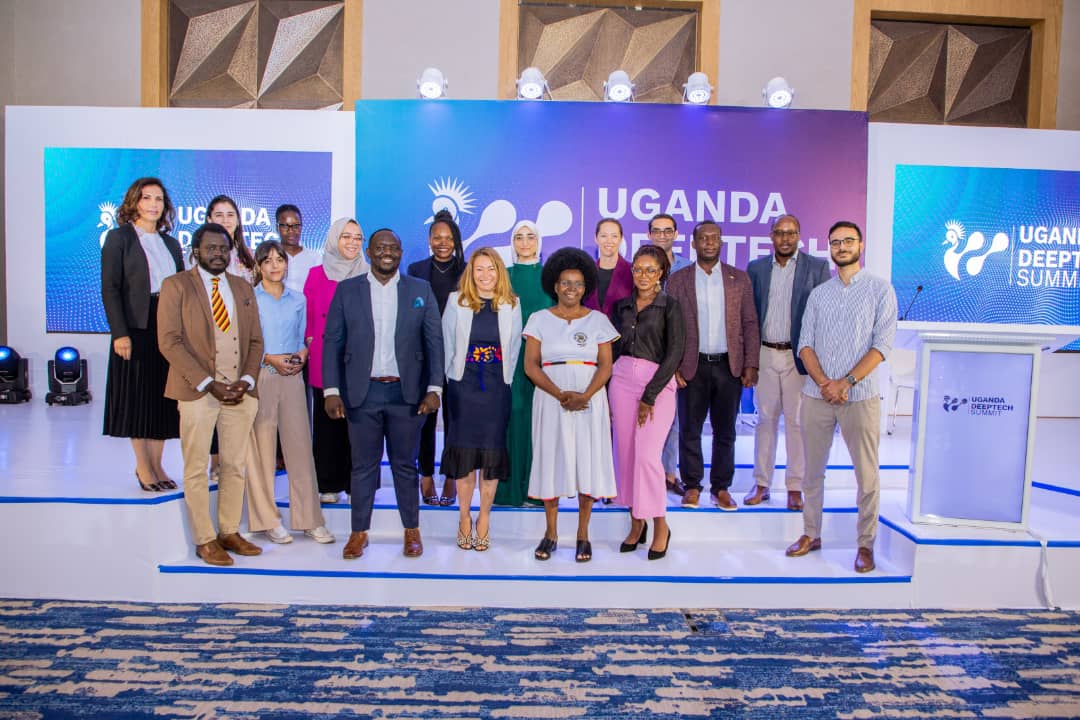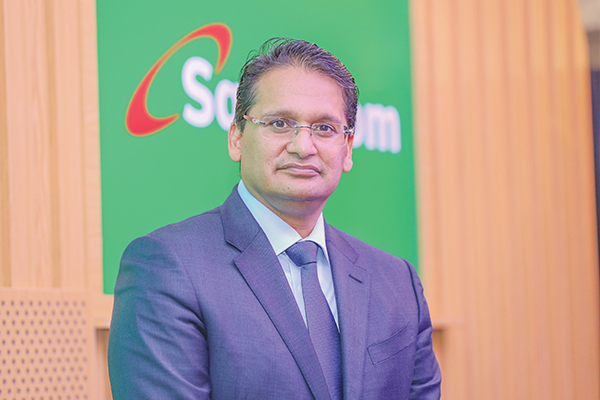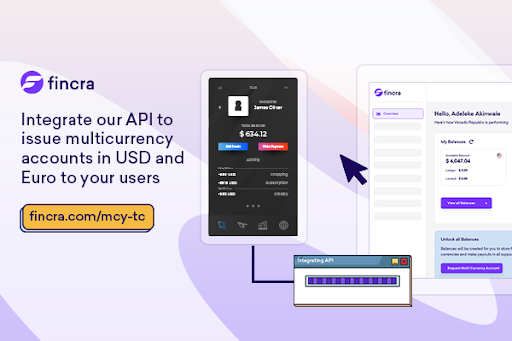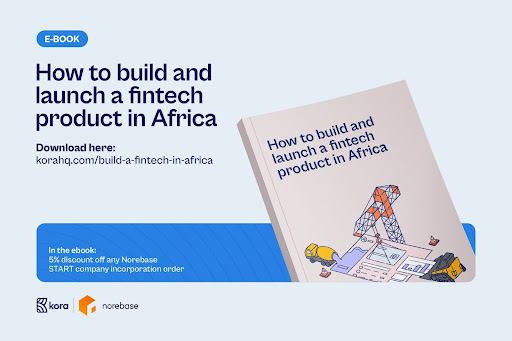Place your adverts here on InfoDig @ low rates; banner ads, sponsored links and guest articles etc. Contact us

In partnership with

Happy Independence Day! 🇳🇬
Only 8 days left! Moonshot is offering 30% off all tickets with a few spots remaining. Join the conversation on Africa’s digital landscape and treat yourself to two amazing days of gaining valuable insights from industry experts, networking with potential partners and investors, and being a part of the groundbreaking innovations shaping the African digital economy.
Don’t miss out—this exclusive offer ends in 3 days!

Uganda looks to deep tech
 Participants pose for a photo at the Uganda Deep Tech Summit 2024/Image Source: Nile Post
Participants pose for a photo at the Uganda Deep Tech Summit 2024/Image Source: Nile Post
Almost a year ago today, I visited Uganda for the first time when the country invited investors and founders to discuss what it needed to do to spur investment into its super early tech ecosystem.
Here’s what I said then: “It’s a good start but still far from what the Ugandan Ministry of Science, Technology, and Innovations has in the works. ‘We may not start perfect, but we’re aiming for what will work best,’ the minister told everyone in the crowd.”
Spoiler: we’re back in Uganda this week, this time for a summit on deep technology, an arm of technology focused on substantial scientific or engineering challenges. Think artificial intelligence, biotechnology, and even climate change.
It’s a different kind of conference, organised in partnership with BRAIN (Bridging Research And Innovation), an initiative of Open Startup.
Let’s back up a little. One persistent critique of conferences is that they may not always produce actionable results on a continent short on execution. BRAIN works around this problem by holding workshops during this week’s event with stakeholders from academia, government, foreign investors, and Ugandan founders who understand the lay of the land.
Over two days, participants will hear from a few panels and work in groups of six to figure out Uganda’s most significant challenges and their solutions. The problems and solutions are grouped along six themes: policy, infrastructure, funding, interconnectedness, talent, and education. At the end of the exercise, the answers from these workshops—each group presented their answers on day one—will be shared with the government.
With most of the 100 or so participants who attended the event still in their seats as Khaled Ben Jilani, a senior partner at AfricInvest, gave the closing remarks, this was remarkably strong engagement.
It was also pragmatic about the challenges. “In Africa, the demand for deep tech is very low,” said Jilani, pointing out the need for models that integrate global demand. Jilani should know a thing or two about this stuff, given that his company successfully exited InstaDeep, the Tunisian AI startup that sold for $683 million in January 2023.
Read Moniepoint’s Case Study on Funding Women
After losing their mother, Azeezat and her siblings struggled to keep Olaiya Foods afloat. Now, with Moniepoint, they’re transforming Nigeria’s local buka scene. Click here for a deep dive into how Moniepoint is helping her and other women entrepreneurs overcome their funding challenges.
Switching a bank’s core banking platform is complex
 Image Source: Wunmi Eunice/TechCabal
Image Source: Wunmi Eunice/TechCabal
If you’re a banking customer, you probably don’t know what core banking platform your bank uses. After all, you don’t think about how the power grid works until it collapses.
Over the weekend, Zenith Bank customers found that their bank’s core banking platform matters. The bank told its customers that they would be unable to access the bank’s online banking services, app and USSD channel till Wednes day due to an ongoing banking platform switch to Oracle’s Flexcube from Phoenix, which only Zenith previously used.
It highlights the challenges of switching banking platforms. In September, we exclusively reported that over 3 million Sterling Bank customers could not use any of its banking channels because the bank was switching its banking platform to a custom-built platform. We also reported on GTBank’s switch to Finacle, a software built by Infosys in September.
A core banking platform manages all banking transactions and stores critical customer data, including unique identification and daily transactions across multiple channels such as branches, ATMs, and online and mobile banking. Switching bank platforms is a time-consuming and error-prone process, which directly contradicts the ethos of banking—speed and stability.
Most of the issues that a bank staff will experience when switching to a new platform will occur during the data migration phase due to the large amount of data banks have on their customers. Every banking platform is also different from the other, requiring the banks’ engineers to integrate with different interfaces during the migration process.
After data migration, the bank staff will still need to validate each record, like customer balances and the unique identification number banks use for customers, through a maker-checker process to ensure accuracy.
After all this, the engineers would have to test the new banking platform for functionality, making sure that everything works before going live. And even after a successful migration, engineers would have to constantly monitor the new banking platform.
Issue USD and Euro accounts with Fincra
Whether you run an online marketplace, a remittance fintech, a payroll, a freelance platform or a cross-border payment app, Fincra’s multicurrency account API allows you to instantly create accounts in USD and EUR for customers without the stress of setting up a local account. Get started today.
Kenyan ISP Mawingu turns focus to fibre, fixed wireless to unlock economies of scale
 Image Source: Google
Image Source: Google
Kenyan internet service providers (ISPs) have long been criticised for a lack of responsiveness to customer needs.
Mawingu, an ISP conceived by the government and Microsoft in 2016, stands out owing to its start in the internet business. Conceived to take advantage of freed TV frequencies (also known as white spaces) to provide internet services to government institutions, schools and hospitals in peri-urban areas, Mawingu told TechCabal that achieving economies of scale with white spaces was difficult.
The company has now changed its strategy to focus on fibre and fixed wireless to cut hardware costs associated with TV white space deployment.
In 2024, Mawingu relocated its headquarters from Nanyuki to Nairobi. While it currently does not serve the capital or its suburbs due to existing market competition, the company has expanded its reach to underserved regions in western and northern Kenya.
Mawingu claims to have over 20 kilometres of fibre coverage and aims to have 10% of its customers connected to fibre by the end of 2024.
The company raised $9 million in February 2023, backed by investors such as E3 Capital and InfraCo Africa, among others.
Introducing Pay with Pocket on Paystack Checkout
Paystack merchants in Nigeria can now accept payments from PocketApp’s 2 million+ customers. Learn more →
Kenya’s health committee clears Safaricom-led digital health project
 Safaricom board chair Adil Khawaja. IMAGE | SAFARICOM
Safaricom board chair Adil Khawaja. IMAGE | SAFARICOM
Kenya’s Departmental Committee on Health on Monday addressed concerns about the KES 104.8 billion ($800 million) Integrated Information Technology System for Universal Healthcare proposed by President William Ruto’s government.
A TechCabal report covered the central issue of the new scheme, which was Safaricom’s role as the lead partner.
This raised allegations of a conflict of interest involving the telco’s chair, Adil Khawaja, whose law firm was linked to the project.
Opposition politicians accused Khawaja of exerting undue influence, but Safaricom said that the project was kickstarted before the chair’s appointment.
The Ministry of Health defended Safaricom’s involvement by citing its technical capacity and ability to manage complex digital infrastructure. One reason is that Safaricom is one of the lead telcos that has launched 5G services widely across the country.
Critics also questioned the transparency of the Public-Private Partnership (PPP) process and the selection of consortium partners.
The ministry also claimed that it had assured the committee that no conflict of interest was present and that due diligence was conducted impartially by Kaplan & Stratton Advocates, not Khawaja’s firm, effectively clearing Safaricom.
Issue virtual USD cards for you and your customers
Do you want to issue virtual USD cards for your customers and business expenses? Use Kora’s APIs to issue cards, customise your card program, and set your customers’ funding limit to your risk level. Get started here.
Starlink doubles subscription prices in Nigeria
 IMAGE | COURTESY
IMAGE | COURTESY
Starlink, the satellite internet company owned by SpaceX, has doubled its base subscription prices in Nigeria, citing soaring inflation in the African country.
Due to excessive levels of inflation, the Starlink monthly service price will increase,” Starlink told customers in an email seen by TechCabal.
The standard residential plan with a 1 terabyte (TB) fair usage policy will now cost ₦75,000 ($48), up from ₦38,000 ($24).
The World Wide Web3
Source:

| $63,787 |
– 1.03% |
+ 9.18% |
|
| $2,643 |
+ 0.56% |
+ 6.36% |
|
|
$0.02031 |
+ 9.68% |
+ 43.8% |
|
| $155.71 |
– 0.2% |
+ 16.54% |
* Data as of 06:03 AM WAT, October 01, 2024.
Opportunities
- Here’s an exciting opportunity for crypto innovators! Quidax in partnership with TC Battlefield has launched an exclusive award category to celebrate the most promising and innovative crypto startup in Africa. If you’re solving big problems with cryptocurrency, you stand a chance to win the $15,000 grand prize and other exciting rewards. Applications close next week so apply quickly!
- Introducing Krent, a property tech platform providing Nigerian renters and buyers with a transparent, stress-free, and cost-efficient solution. krent.space addresses many of the long-standing frustrations faced by renters, such as time-consuming property inspections, countless outrageous fees, and inefficient processes. The platform has completely removed inspection fees—something that often blindsides house renters. If you’re renting a property in today’s Nigeria, you can pay up to 20% of your rent on extra fees but with Krent, you’ll only pay an 8% admin fee, which covers agency fees and any other costs related to the property. Get started here.
- The Future of Capitalism Tech Startup Competition is offering $1 million to one lucky tech startup that can transform how businesses today operate. If your tech can save costs, boost efficiency, increase productivity or customer satisfaction, then apply by September 30 for a chance to win.

Written by: Olumuyiwa Olowogboyega, Muktar Oladunmade, and Kenn Abuya
Edited by: Olumuyiwa Olowogboyega
Want more of TechCabal?
Sign up for our insightful newsletters on the business and economy of tech in Africa.
- The Next Wave: futuristic analysis of the business of tech in Africa.
- Entering Tech: tech career insights and opportunities in your inbox every Wednesday at 10 AM WAT.
- TC Scoops: breaking news from TechCabal
P:S If you’re often missing TC Daily in your inbox, check your Promotions folder and move any edition of TC Daily from “Promotions” to your “Main” or “Primary” folder and TC Daily will always come to you.

 5 hours ago
33
5 hours ago
33





















 English (US) ·
English (US) ·